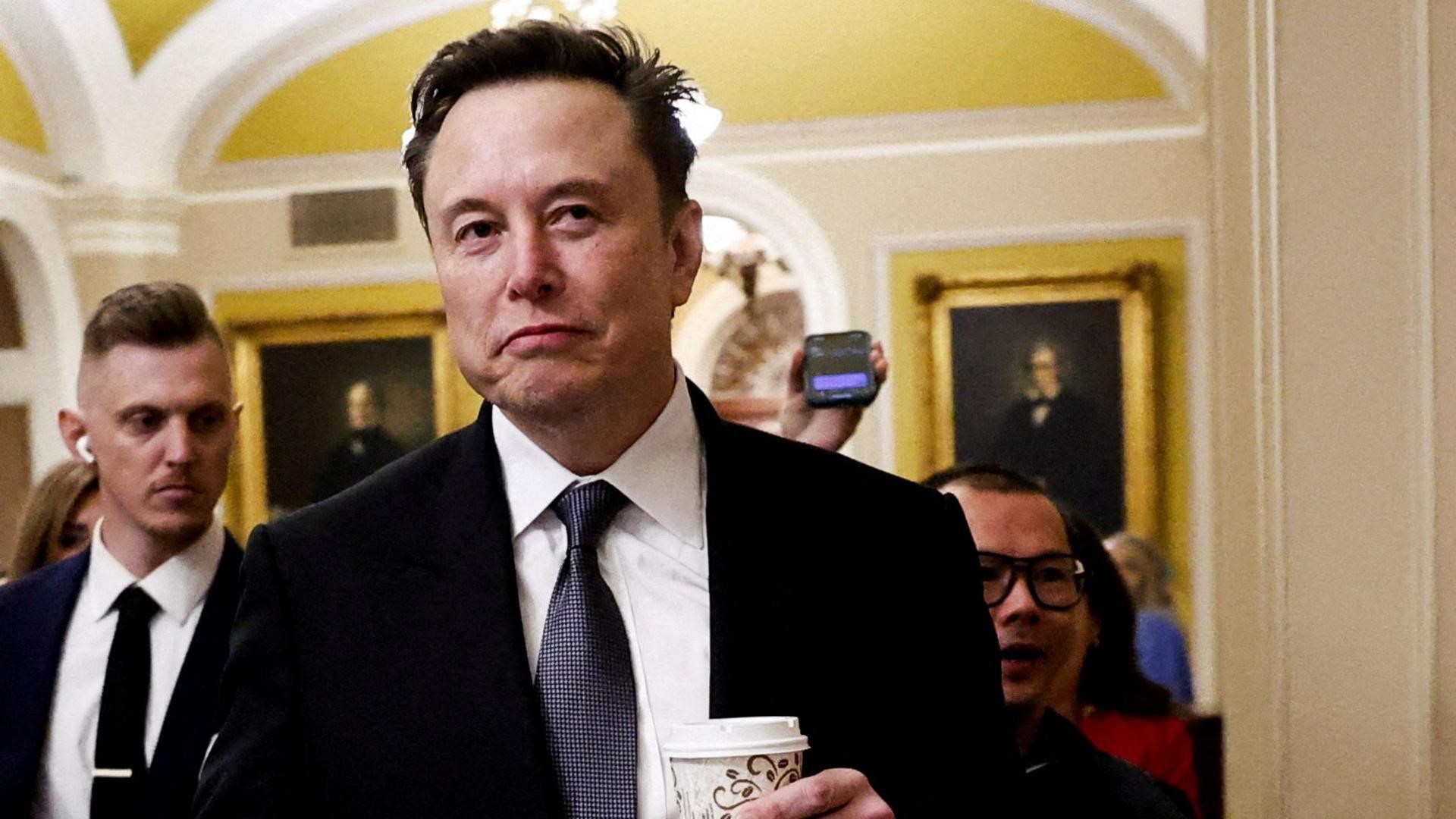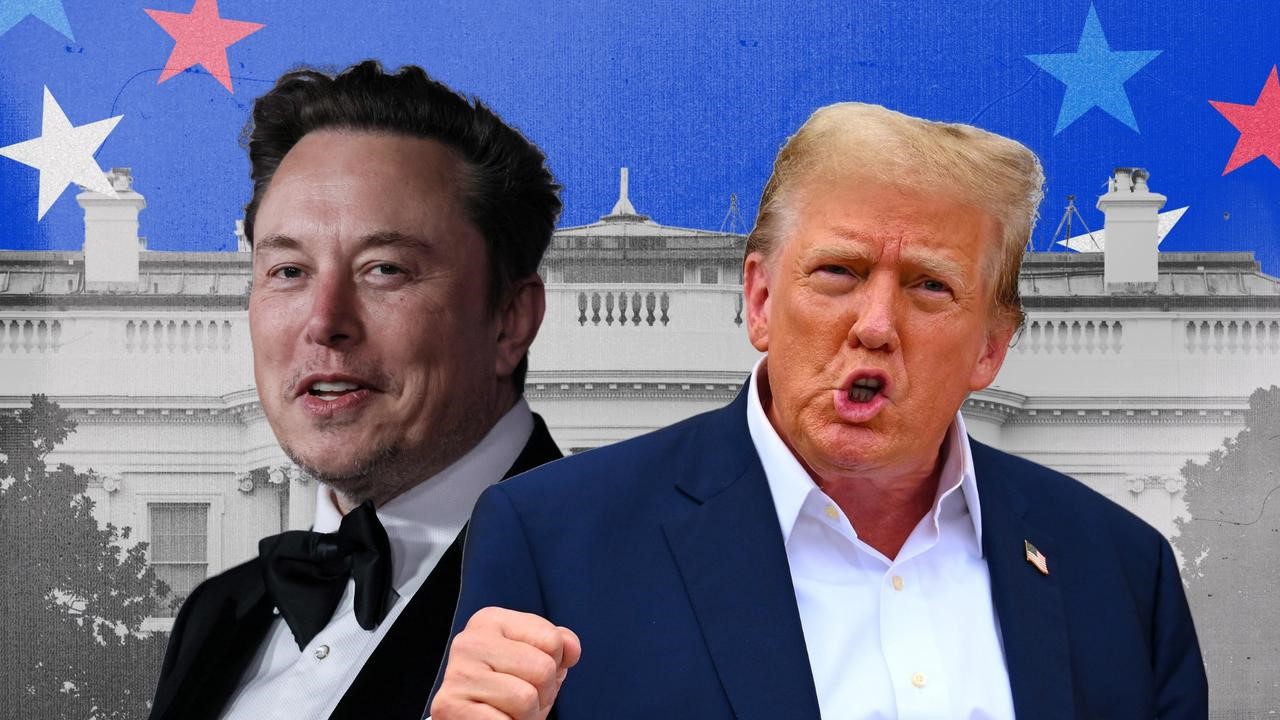Elon Musk’s outspoken political interventions are causing waves across Europe, sparking tension between the tech mogul and leaders of U.S. allies. As the world’s richest man and owner of influential companies and a global social media platform, Musk is emerging as a transnational disruptor, aligning himself with Donald Trump’s populist vision.
According to the reports of Leaders team, Musk’s attacks on European leaders—such as British Prime Minister Keir Starmer, French President Emmanuel Macron, and Norway’s Prime Minister Jonas Gahr Støre—have drawn sharp criticism. These leaders accuse Musk of promoting far-right ideologies, meddling in elections, and destabilizing democratic institutions. Germany has also condemned his support for the far-right AfD party.

The Musk-Trump alliance reflects a growing willingness to challenge established norms. With Musk’s appointment as head of the Department of Government Efficiency in Trump’s administration, concerns are rising about potential conflicts of interest and the blurred boundaries between Musk’s personal agenda and official U.S. foreign policy.
Musk’s business interests, particularly in China, and his influence on critical issues like Ukraine’s use of his Starlink technology further complicate matters. His actions risk undermining traditional diplomatic efforts, leaving U.S. allies questioning Washington’s direction under Trump.
As Trump’s second term approaches, Musk’s unpredictable influence promises to make global diplomacy more volatile than ever, testing international alliances and norms.









